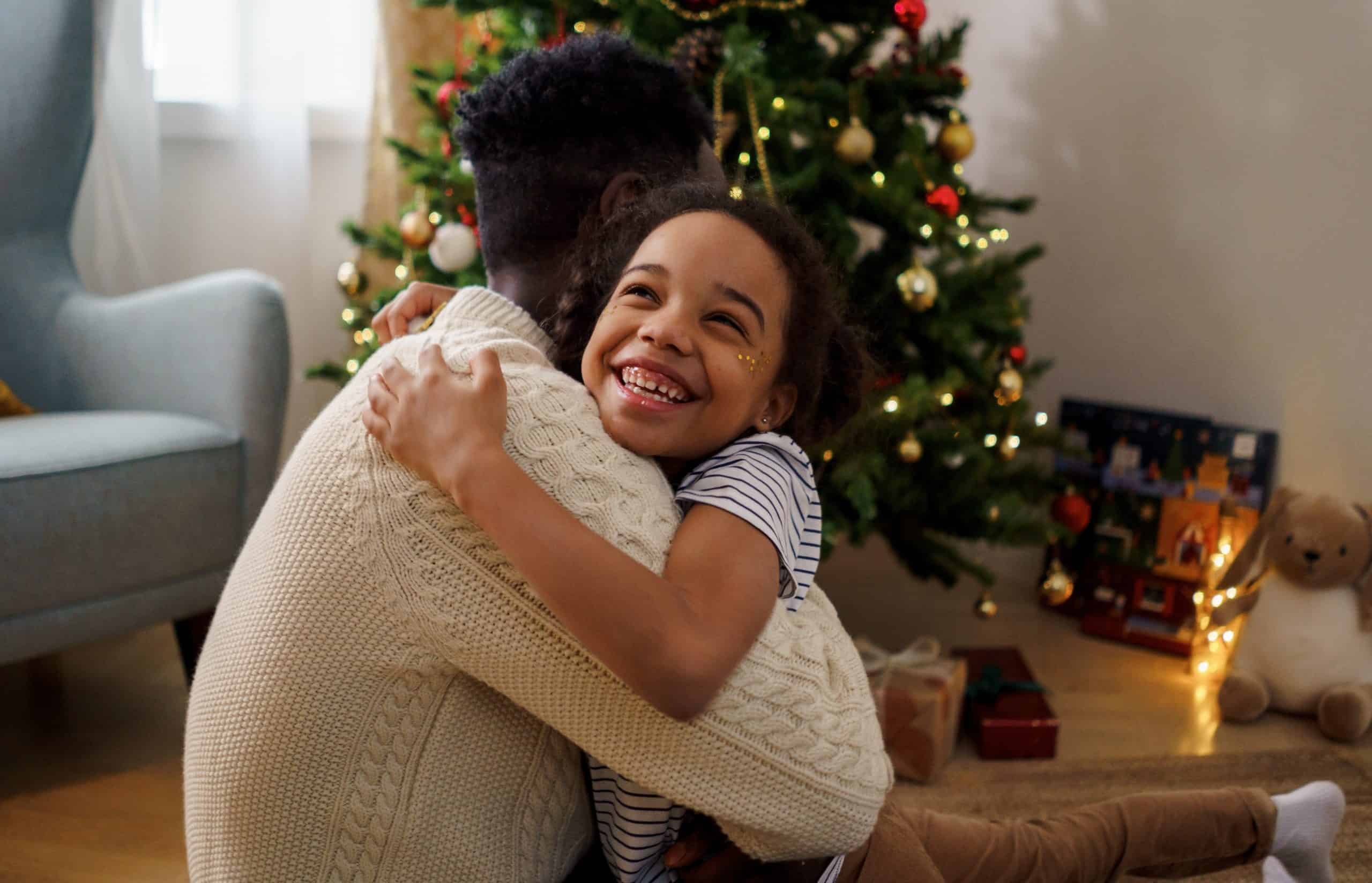5 holiday season child mental health tips for Hamilton, Mississauga and Brampton families
Published December 19, 2022 at 11:15 am

The expectation that the holiday season should be the most wonderful time of the year can create mental health challenges for a child. A resource hub is offering tips to Hamilton, Mississauga, and Brampton parents to help with that.
Long before there was instantaneous social media, or terms such as FOMO (“fear of missing out”), the world’s most famous follically-challenged child spoke his truth about feelings versus expectations during the season of joy. In the opening scene of the classic 1965 animated special A Charlie Brown Christmas, Charlie Brown muses, “I think there must be something wrong with me, Linus. Christmas is coming, but I’m not happy. I don’t feel the way I’m supposed to feel.”
That vibe is not uncommon for children. The Family Care Centre, a joint endeavour by Parents for Children’s Mental Health (PCMH) and Children’s Mental Health Ontario (CMHO), is offering tips on how parents and caregivers can support children during the two-plus weeks they are out of their school routine.
A brief synopsis of these tips from the care centre’s network of child and youth mental health experts:
Prioritize what works for your family
It can be hard to say ‘no’ to invitations to events and to socialize, particularly after two holiday seasons with COVID-19 health protections in place. But children have their internal battery and there is potential for restlessness
if their family is overcommitted.
“When you prioritize your or your child’s mental wellness, you can focus on what works for your family,” the centre advises. “As a parent, consider the things that feel realistic for you to do and then offer those choices to kids/youth to pick from.”
Plan ahead, with children’s input
The centre stresses communication and dialogue, so a child who is anxious can develop an understanding of what they face at the holidays. Posing questions to them about trying new activities, or whether they are interested in play dates with their school friends, is one way to engage a child rather than raise the risk they will think their feelings are not being considered.
As the centre puts it: “It’s a good time to start having conversations with children about what the holidays may look like so that they know what to expect. This also allows them to be a part of the new planning process. What is important to them? Is there something new they would like to try?”
Quiet spaces are important
A child who is an introvert often needs a lot of energy to interact with people that they do not know well. The centre advises parents to “find a spot during a holiday activity or party where your child (or you) can go for a break.”
It adds, “Don’t force your child to interact with other kids or adults, instead let them have that time on their own to regroup.”
Bringing books or a bag of special toys is one way to give a younger child a solo activity. The centre also says it is okay if a teenage child “needs to decompress with a game on their phone.”
Supporting children through grief
One way that the holidays can feel different from the year before is if a family is grieving the loss of a loved one. Finding ways to navigate that grief, and remember the positive energy of the departed person, can be productive.
“Remembering your loved one, telling stories and laughing about good times together are all okay to do, and can provide comfort to your child,” the centre says. “You might work together to come up with ideas for memorializing your loved one over the holiday.”
Practise self-care
Parents have doubtlessly heard the concept of modelling behaviour. Showing resilience, by bouncing back from challenges rather than pretending there are no challenges at all, can benefit the long-term development of a child.
“The holidays can be a stressful and anxious time for parents, too,” the centre says. “Make sure that you are eating, sleeping and enjoying the holidays as well … Take time when you need it, don’t feel guilty saying no when you need to.”
There is nothing wrong with scheduling time where children can play games and parents or caregivers can take some time out as well, the centre adds.
Other resources from the Family Care Centre are available at family.chmo.org.
INsauga's Editorial Standards and Policies








